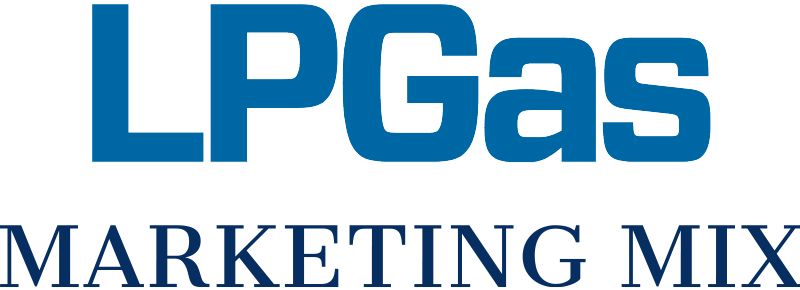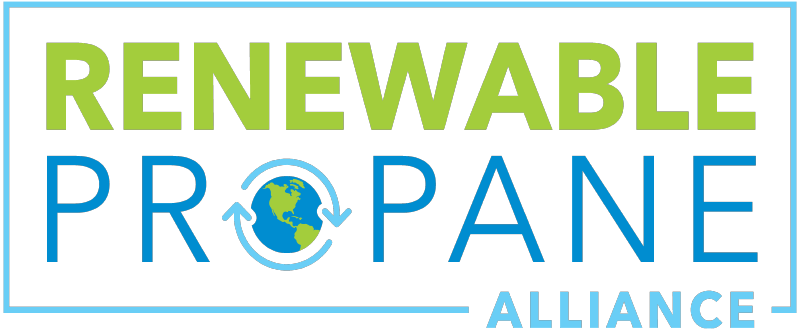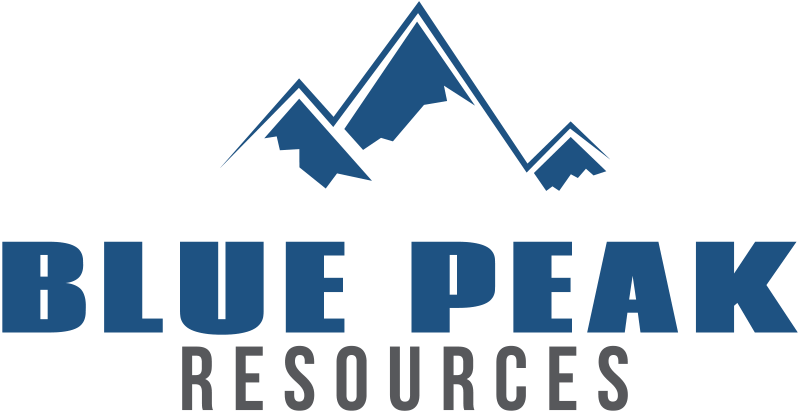Renewable Propane Alliance
What is Renewable Propane Autogas?
An ultra-low carbon fueling solution for light-, medium- and heavy-duty vehicles
According to the U.S. Environmental Protection Agency (EPA), roughly 27 percent of this country’s greenhouse gas emissions come from the transportation sector. That is the highest percentage for any sector.
As we look to combat the harmful effects of climate change, corporations, municipalities, small businesses and individuals are searching for ways to travel our roadways in the most environmentally responsible way possible.
For decades, one of the best tools for reducing vehicle emissions has been propane autogas. Over 60,000 autogas vehicles are on U.S. roads right now, with more than 500 autogas service locations across the lower 48 states. And renewable propane is making these fleets even cleaner!
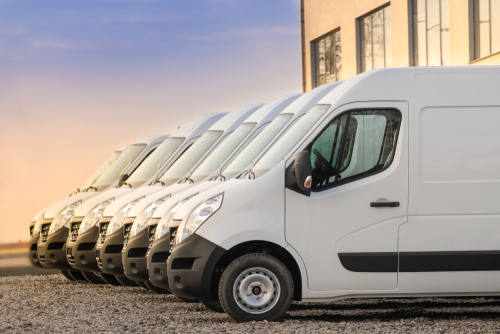
Commercial benefits of propane autogas
Propane’s per gallon price has historically been lower than gasoline and diesel. Today’s almost entirely domestic production of propane helps to moderate the price. Propane has a lower fuel economy than these other fuels, but the price difference offsets this. So, drivers can typically expect better value overall from propane. Because propane autogas burns so cleanly, autogas engines tend to have lower maintenance costs than gas and diesel engines.
Propane autogas vehicles are a more affordable alternative to electric vehicles, too. Installing the infrastructure to fuel 10 autogas vehicles costs up to $60,000, compared to $480,000 for the fast EV charging stations that 10 electric vehicles need.
Additionally, you don’t sacrifice performance when choosing propane over electricity. While electric shuttles can manage 120 miles on a full charge, a comparable autogas shuttle has technology that can provide a range of over 400 miles on a single fill. Range anxiety is not an issue when using propane.
Finally, it’s worth noting that propane autogas is fuel you control with on-site storage and dispensing. Electric vehicles are dependent on an overburdened and unreliable electric grid to run.
Autogas and the environment
In addition to financial and performance benefits, propane autogas significantly outpaces gas and diesel for emissions and air quality. Consider these facts from studies conducted by the Propane Education & Research Council (PERC):
- Conventional school buses using propane autogas produce 24 percent less nitrogen oxide (NOx) and 44 percent less sulfur oxide (Sox) than gas-powered buses.
- These buses have 21 percent fewer greenhouse gas emissions than their gasoline counterparts.
- Light-duty autogas vehicles produce 36 percent less NOx than diesel-powered equivalents.
- They produce 12 percent fewer greenhouse emissions and 37 percent less SOx than gas-powered light-duty vehicles.
- Today’s ultra-low NOx propane autogas engines are way ahead of the game for emissions. They’re certified to 0.02 grams per brake-horsepower hour, exceeding EPA guidelines for 2027 model-year vehicles.
- When you account for the full emissions cycle of EVs and autogas vehicles, propane autogas can emit up to 45 percent less particulate matter than EVs.
These emissions reductions are great for the environment and the air our families, neighbors and co-workers breathe.
Renewable Propane Autogas is further lowering carbon intensity.
Autogas vehicles are some of the top beneficiaries of renewable propane gas. Because rPG is made from organic and recycled products in a production process with a low carbon intensity (CI), the fuel’s overall CI is even lower than conventional propane — and vastly lower than gasoline, diesel and U.S. grid-based electricity.
Energy source Carbon Intensity (grams CO2 equivalent per megajoule)
U.S. grid electricity 138.6
Gasoline 100.82
Diesel 100.45
Conventional Propane 80.3
Renewable Propane 20.5 – 43.5
Source: PERC
And rPG can be used in autogas engines without modifications. If your vehicle fleet has the infrastructure to store, dispense and use propane autogas, you can seamlessly incorporate rPG and other innovative blends.
Renewable propane autogas represents a dynamic addition to a fuel supply that is already almost wholly U.S.-produced. Last year, U.S. producers made 4.6 million gallons of rPG, according to the EPA. We anticipate more than 100 million gallons of rPG will come to the market in the next few years. That will keep a lot of clean-driving fleets on the road!
Energy Industry Strategists & Advisors
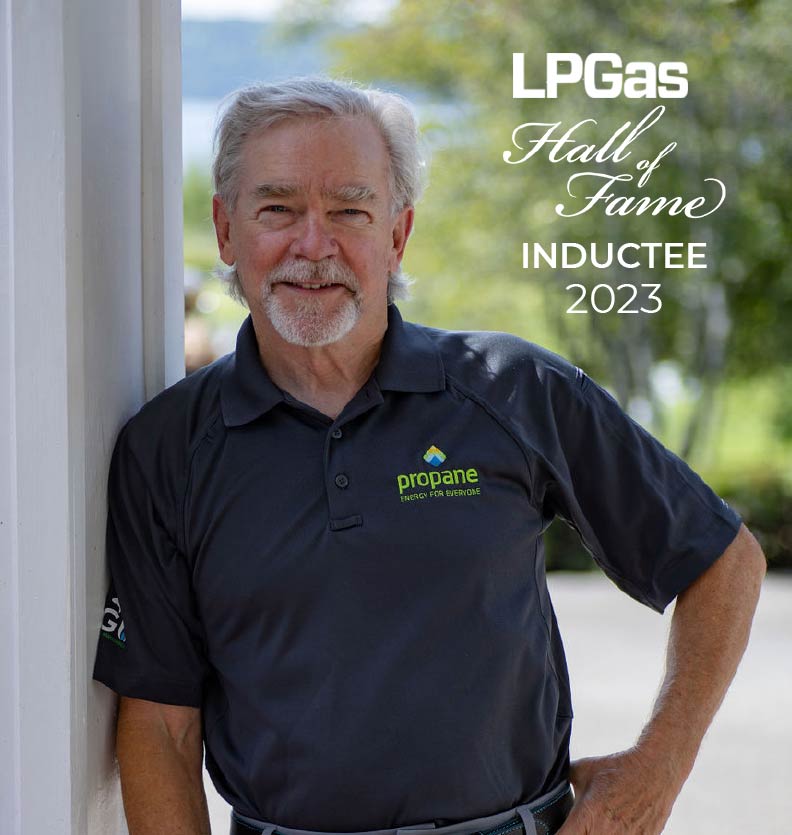
Tom Jaenicke
Specialties: Provides marketing services, technical advice, and business development assistance to privately held and public energy companies, product manufacturers, and support organizations.
Contact Tom
Let me know how I can help with your energy needs. Fill out the form below or give Tom a call at 810.252.7855
We take your personal information very seriously. We will not share any of the information you provide with any 3rd parties. Provided information will be used specifically to contact you in regards to your inquiry.

